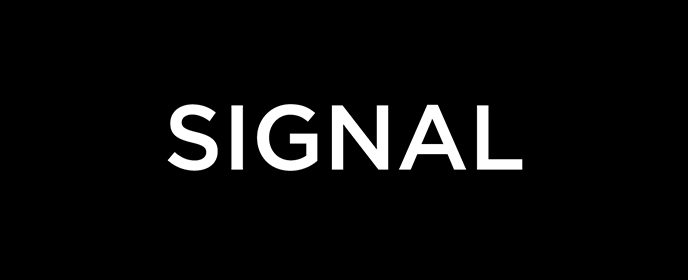Menu
There is broad agreement across Europe's tech community that regulatory change to incentivise the development of AI, blockchain and autonomous vehicles should be prioritised
If your government was to prioritise regulatory changes to incentivise one new area of technology, which should it be?
Founders seek greater clarity on how AI can be applied in regulated industries
- 35%
- of founders would prioritise regulatory changes to incentivise the development of AI
In the past few decades tech entrepreneurs have transformed unregulated industries. Now tech is turning to regulated industries, such as health or education. We’re going after the most difficult societal issues, and searching for the greatest solutions.
We also need to continue to push our European policy on both competition and regulation in the EU market. New regulatory frameworks at EU level are necessary to support the development of emerging tech and market trends, like blockchain or eSports.
There are different views on the key area for regulatory change depending on the country
Priority technology area for regulatory changes to incentivise development by country of survey respondent
We are seeing very encouraging approaches to regulation across various European states, from the UK to France, from Estonia to Malta and Slovenia; additional guidance from the EU at this stage would certainly be welcome and should not be delayed. This is a very fluid and distributed industry, a heavy hand from the regulator could be very costly, but so would protracted uncertainty and doubt. The ideal scenario would be for a European authority to enable fully-tokenised equity structures, which would be a complete game changer.
European media attention has concentrated heavily on the role of regulation and technology in the financial services sector. There is far less discussion around key verticals, such as healthcare or education
Relative level of media coverage by industry vertical of articles mentioning technology and regulation
Companies such as Sweden's Natural Cycles are seeing regulation as a source of competitive advantage
- 1st
- birth control app to be certified as a contraception method by European authorities
Whilst Natural Cycles becoming the first app to be certified as a contraceptive might be considered a competitive advantage, we like to think of it as us paving the way for other medical apps and creating a new standard for the industry as a whole. Regulation requires high quality clinical research and ensures that the rights and safety of consumers and society at large are protected.
Current regulatory frameworks in Europe are not ready for the commercial deployment of key new technologies
Status of the regulatory landscape in selected European countries for the commercial use of key new technologies
Public policy is a mid-to long-term game. We can either have a digital single market that tries to preserve what Europe was strong at for the last 50 years or we can have a digital single market that opens up to what Europe will be strong at for the next 20 to 50 years. So if we speak about what single market we want, this is really about where we set the bar in terms of new market entrants and whether we make it easy for them to access the market or whether we make it harder.
